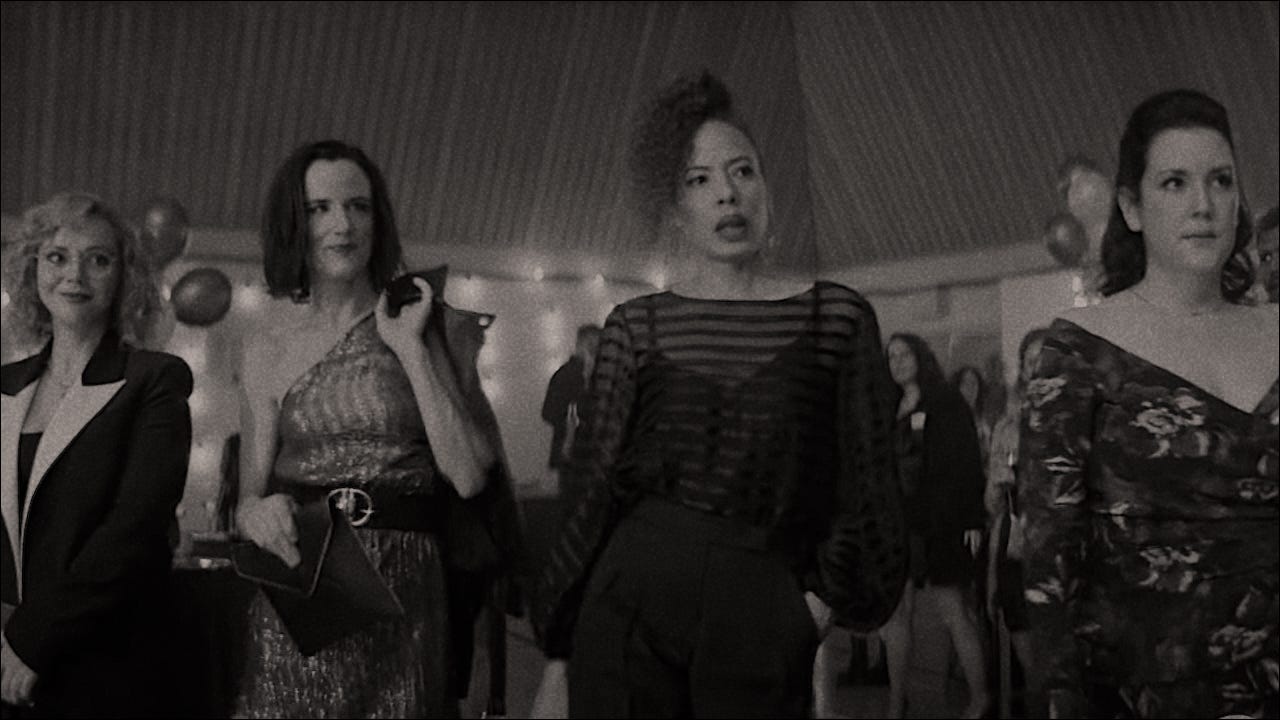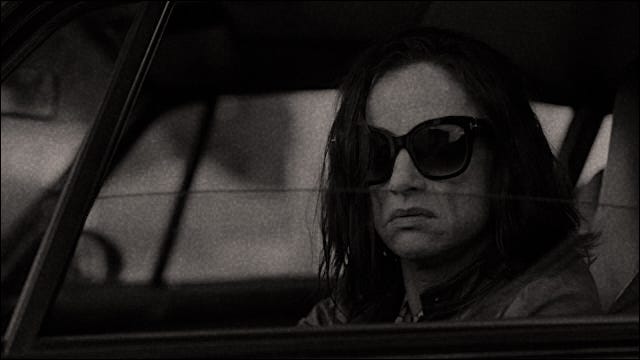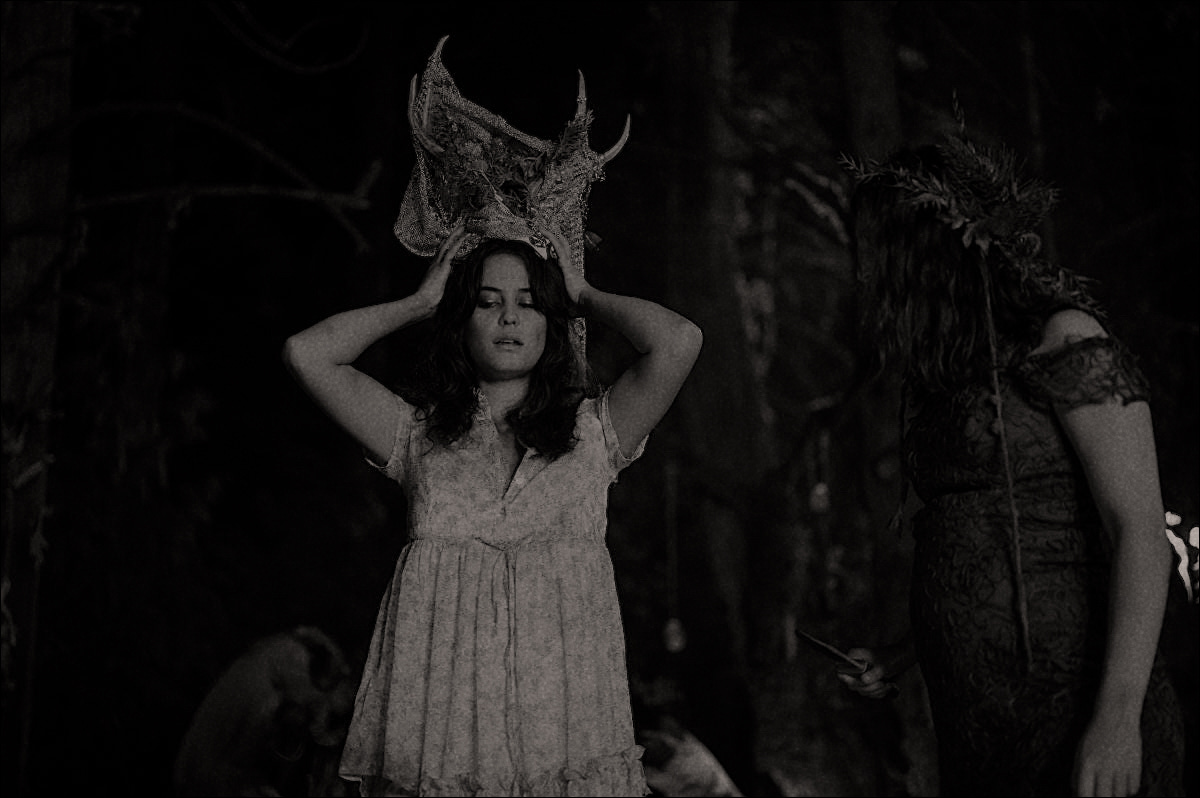The Feminist Dream, Deferred
On Yellowjackets
Have you seen Yellowjackets, the buzzy Lord of the Flies-but-with-teenage-girls adaptation, yet? If not, beware some major spoilers below.
Yellowjackets follows two timelines: in 1996, a plane carrying the Yellowjackets high-school soccer team crashes into the Canadian wilderness. In 2021, we follow four survivors: Shauna, Taissa, Misty, and Natalie, who together share a lot of guilt, regret, and secrets about what happened to them in the nineteen months before they were rescued. We, the audience, know what will happen because the first episode shows us: the harsh winter will arrive, and the girls, donning antlers and furs, will chase and kill one of their own, before eating her flesh for sustenance. Then, we jump back and forth between the early days, just after the crash, when cannibalism isn’t on anyone’s minds (yet), and the distant future, when the women are scarred by the trauma of what they endured.
As the always-insightful Doreen St. Felix writes in her review of the show, the title Yellowjackets itself is a “playful nod” to William Golding’s book. “Flies may have been a fine analogue for boys, but girls require the ferocity of wasps, with their venom and their stingers. And,” St. Felix writes, “their intelligence.” While plenty entertaining, the show is also vicious, with copious amounts of gore and violence. The focus of the adults’ timeline, though, is something darker, something hidden below their psyches rather than shown in blood.
The adults’ timeline, as St. Felix writes, “is a spiky exploration of the feminist dream deferred.” None of the women ended up where they hoped they would. Shauna (Melanie Lynskey) didn’t go to Brown University, even though she was accepted before the crash. Now, she regains control by making impulsive and increasingly harmful decisions. Taissa (Tawny Cypress), who did achieve her goal by becoming a politician, has a separate “childlike, feral inner self.” In an insightful interview about the season finale, showrunners Ashley Lyle and Bart Nickerson explain that Taissa’s smile after winning the election signals that while she “might not literally know the full extent of what she’s been doing while sleepwalking, there is a felt sense of this improbable victory coming from that…a sense of her believing there’s a connection between the victory and that thing happening to her.” Misty (Christina Ricci) was bullied in high school until the plane crash demonstrated her usefulness as a survivalist; as an adult, she misses the feeling of being important.

Natalie (Juliette Lewis), is out of rehab and grieving Travis, her boyfriend with whom she has shared a delicate love since their days together in the wilderness. Early in the series, we learn that Adult Travis has died by suicide, though Natalie would sooner believe it was murder than suicide. Travis was the son of Coach Martinez, who perished in the first episode during the crash. He is left to care for his younger brother Javi (who HAS to be Adam, right???) in the wilderness on a trip he only joined for his mean, now dead, dad. When he and Natalie prove to be the only survivors in the wilderness who can use a gun, they are assigned hunting duties. As young teens, they fall into an uneasy, awkward, and passionate love, which of course leads to plenty of drama. But as Adult Natalie, now mourning a recently-deceased Travis, Juliette Lewis carries her love for him as something enduring and strong, which has left a grievous hole. While we never see Travis as an adult, we do sense the lasting impression he left on Nathalie. She needed a tether, someone to hold her down to the ground. They made a pact to never die by suicide, and it is implied that there have been numerous times over the past few decades when that pact was the only thing that kept Natalie alive. When Travis dies by suicide, Natalie can’t accept the reality: they made a promise, and he would never break it. By the finale, both out of deception to cover her own tracks and out of exhaustion at Natalie’s grief, Shauna asks her to consider whether, perhaps, Travis really did die by suicide. It’s enough to untether Natalie and we see that she is just about to end her own life, too, when *twist* Lottie’s crew shows up.
On the one hand, I didn’t always appreciate the dual storylines. I wish that the wilderness storyline could be its own show, whose high-stakes aren’t diminished by the future timeline where we know who lives and who dies. Of course, the Lottie reveal responds to this criticism, because it suggests that any number of crash survivors could still be alive in the future, living with Lottie’s cult. Likewise, I often found myself wishing that the Adult Women could have their own show, about older women with “feminist dreams deferred” as St. Felix put it, that wasn’t tied to the supernatural happenings in the wilderness. I often felt like the showrunners were trying to cram two distinct shows into one, and I wondered how the shows would feel on their own if they were allowed to exist independently of each other.
As St. Felix notes, the dual story-lines do add a significant charm to the show by way of casting. She suggests that “the 2021 women, grizzled and mysterious, were answers to an equation, and the 1996 girls were its variables. The math is poetic; casting is essential to the allure.” The pairing of young actors with their adult counterparts is enchanting, with “shared postures and gestures” reminiscent of the performances in Barry Jenkin’s Moonlight. Lynskey, Lewis, and Ricci, St. Felix notes, are “indie idols of nineties teen rebellion,” which suits the show’s “meta commentary” given that the characters are also famous young women, due to the trauma of what they endured.
The finale left me with plenty of questions, and I’m not sure enough “happened” for me to feel satisfied, but I do enjoy a dark show about dark women, so of course I’ll keep coming back. Have you watched Yellowjackets yet? What did you think?



